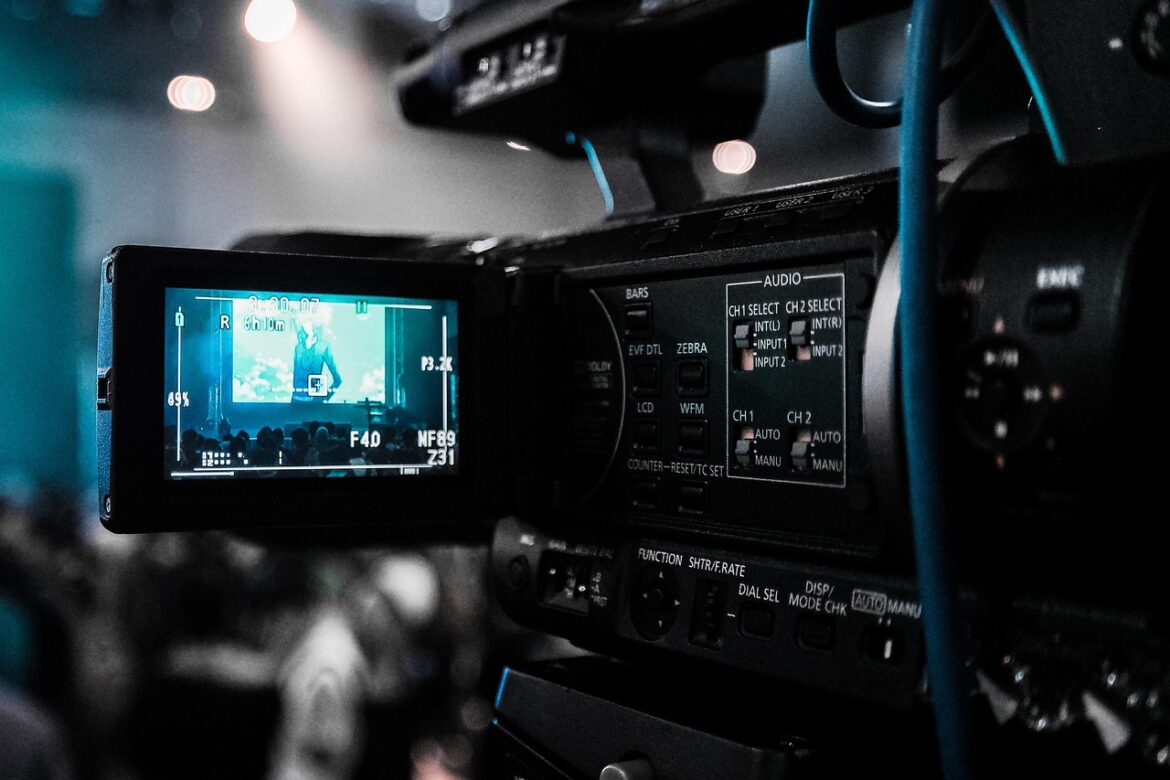A New Era in Drama: AI-Generated Content Hits Prime Time
Imagine your favorite TV series being written, directed, and produced by artificial intelligence. That’s no longer a sci-fi dream but a present reality with the debut of the world’s first AI anthology series “New World is Loading.” This groundbreaking series, created through a partnership between Kuaishou Technology’s Qiling AI and Xingmang Short Drama, spans genres from sci-fi to absurd comedy, showcasing AI’s creative potential and its hurdles.
Behind the Scenes: How AI Creates Drama The series stands out for its innovative storytelling and jaw-dropping sci-fi action scenes, crafted through diligently designed action scripts and advanced start-end frame technology. However, it’s not all smooth sailing: issues like inconsistent character behavior, weak emotional depth, and occasional glitches in group scenes reveal the growing pains of AI creativity.
Li Yang, the product and operations director at Qiling AI, explains that the process remains far from a simple “one-click” generation. Creators must experiment extensively with prompts to get the desired output, testing their creativity and patience. Currently, the main users are professional creators skilled in navigating these tools.
The Commercial Climb: AI’s Burgeoning Market
Keling AI’s commercial journey is impressive, boasting an annual recurring revenue surpassing $100 million, with projections reaching $120 million by 2025. Despite this rapid growth, challenges in stability, motion realism, and video clarity remain critical areas of focus as developers strive for more natural and fluid AI-generated media.
The Bigger Picture: AI’s Expanding Role in Media and Entertainment
Beyond drama production, AI is increasingly pervasive in media platforms. Amazon’s Prime Video, for instance, is integrating AI across its platform—from enhancing live broadcast quality to generating smart recaps and tailoring search results through AI-suggested topics. These advancements elevate user experience by providing more personalized and engaging content streams.
Tricia Lee, Prime Video’s director, emphasizes the rapid evolution of generative AI technologies, accelerating innovation and making AI-powered features scalable to a vast, global audience.
Industry Trends: A Competitive Landscape
The competition to dominate AI in media is intense. Giants like Google and OpenAI are racing to develop smarter, faster models, while Meta is aggressively investing in talent and hardware innovations like AI-assisted augmented reality glasses.
OpenAI, for example, is preparing to launch GPT-5 and secret AI hardware projects, promising deeper integration of AI companions in everyday life. Meanwhile, Meta’s focus on augmented and virtual reality is reshaping how users will interact with digital content.
What This Means for Creators and Viewers
- For Creators: AI tools offer new storytelling possibilities but demand a high level of technical mastery and iterative experimentation.
- For Viewers: Expect richer, more immersive content experiences as AI makes media more dynamic and personalized.
- For Industry: The future points to an AI-driven media ecosystem where creativity and technology entwine, pushing boundaries in content creation, production, and consumption.
Looking Ahead
AI’s role in media and entertainment is accelerating from speculation to strategic necessity. As technology matures, stability and expressiveness in AI-generated content will improve, potentially revolutionizing how series, movies, and interactive experiences are made and enjoyed worldwide.
In essence, AI is not just a tool but an emerging creative partner, reshaping the drama and entertainment landscape with stories crafted by algorithms but fueled by human ingenuity.
References:
- https://www.aibase.com/news/19256
- https://www.aibase.com/news/19257
- https://www.theneuron.ai/explainer-articles/whats-the-state-of-ai-in-june-2025-according-to-sam-altman-its-messy-af
- https://www.imdb.com/news/ni65351969/
- https://www.unite.ai/three-ai-trends-reshaping-the-future-of-media-entertainment/
- https://holtz.com/blog/for-immediate-release/fir-201-wow-mom-airs-big-launch
- https://solutionsreview.com/artificial-intelligence-news-for-the-week-of-june-20-updates-from-barc-ibm-sas-software-more/
- https://techcrunch.com/2025/06/20/chatgpt-everything-to-know-about-the-ai-chatbot/



